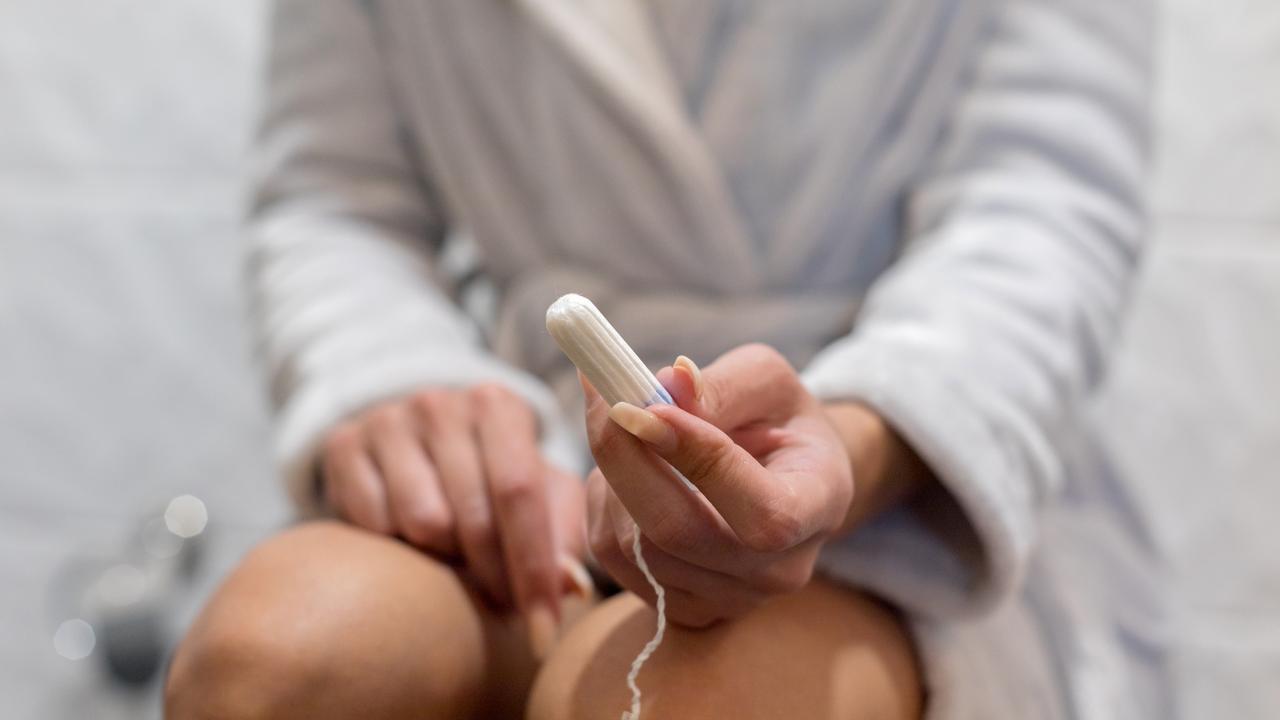Menstrual leave could become more common as companies say it increases productivity
Many Aussie companies have already implemented this new personal leave which means you might get more days off.

Right now, few Australian companies offer it. But a new form of personal – and very specific leave – could be coming your way.
One employee who works at a firm which already offers it has said it’s “fantastic”.
And rather than fewer days in the office seeing productivity slip, the reverse could be happening.
Last year a number of Australian companies introduced paid menstrual leave for employees who required it. Yet while the policy has drawn criticism, those companies have never looked back, with many saying they’ve seen noticeable improvements to productivity.
Sydney-based underwear company, Modibodi introduced paid period leave in May last year, allowing staff up to 10 days a year. Modibodi CEO, Kristy Chong told BBC News that she has had no regrets since its implementation. Ms Chong believes that the policy has actually increased trust among her managers and employees and boosted productivity.
“By supporting women with these policies you empower them to actually want to be at work and put their best forward,” she said.

Sydney-based retail super fund Future Super was another company that introduced paid menstrual leave in January last year. Only four months after it was introduced 22 per cent of the company’s female employees had used it.
Khalia Prasser works inhuman resources for the company and was part of the team that developed the policy, called the ‘Bloody Good Policy’.
She told news.com.au that since implementing it there has been more of an openness about menstruation in the office. In an anecdote, she said that one employee had changed her work status to an emoji of a pad, signposting to colleagues she was off on menstrual leave.
“I don’t think it’s the women who should feel embarrassed about it,” she said.
Menstrual-related symptoms are not the same for all women. Some may not experience any issues at all, while for others the symptoms can be painful and extremely taxing. Women with endometriosis and premenstrual dysphoric disorder (PMDD) can suffer a range of debilitating side-effects including back aches, migraines, cramps and heavy bleeding that often requires constant attention.

While menstruation has been a taboo topic, it’s increasingly been in the public discourse. In March the federal government announced a $58 million funding package to expand endometriosis treatment and at the same time the NSW government introduced a $30 million program to place pads and tampons in schools to combat absenteeism.
Despite an increase in awareness around the subject of periods many employees are still uncomfortable to raise the issue with their managers. A 2021 survey from the Victorian Women’s Trust and Circle In, a Melbourne-based HR software provider, found that 70 per cent of 700 women did not feel comfortable talking with their managers about how they could accommodate their menopausal symptoms.
Most women experience menopause around the age of 50, with symptoms making work extremely difficult. During menopause women often experience heavy periods, aches and pain, and hot flushes. Many women also report that they have issues concentrating.
Results from the survey showed that 83 per cent of women found their work to be affected.

While companies such as Future Super and Modibodi have found they can combat these issues through paid menstrual leave, other companies have taken a different approach.
Sydney-based fintech company Spriggy found that fostering a culture where employees could take the time off they need without feeling obliged to disclose the reason worked better for them. Under the company’s policy, personal leave can be used for all issues not only sickness and can be taken off at the employee’s discretion. A female staff member of the company told new.com.au that she found that method more effective as personal leave means different things to different people.
“There’s such a fantastic environment of trust that if you need to take your personal leave you take your personal leave,” she said.
“If you call your manager and you’re like ‘today’s not my day’, they’ll respect that.’”
She emphasised that even though employees could take their personal leave for any reason, she didn’t feel the company shied away from those conversations.
“You choose to disclose how much you want and the business trusts you to use that in a way that actually supports you.”
Spriggy’s method avoids some of the criticism that has been levelled at menstrual leave policies. In particular that it hinders gender equality in the workplace by singling out employees who menstruate from those who don’t.
Professor Marian Baird from the University of Sydney Business School said that it remained to be seen whether leave policies specific to menstruation would prove to be a step forward for gender equality.
“On the one hand there are those including quite well known feminists who oppose it because it sets up another potential reason for employers to not employ women,” she told news.com.au.
“On the other hand there is growing evidence that this is good not just for women, but also productivity.”
Prof Baird said after years of trying to ensure women are treated the same as their male counterparts, menstrual leave “draws out the difference”.
“I would be cautious about policies that might give employers reasons to consciously or unconsciously not employ women,” she said.
However, she also pointed out that when maternity and paternity leave were first introduced, people opposed it.
Despite all these issues, Prof Baird fears that if employers don’t accommodate for people with periods in some way, those with particularly debilitating symptoms could drop out of the labour market.
“I think we’re on the brink of a change; it’s a generational change,” Prof Baird said.
“Younger women are much more open about what goes on in their bodies. That taboo is going away.”





